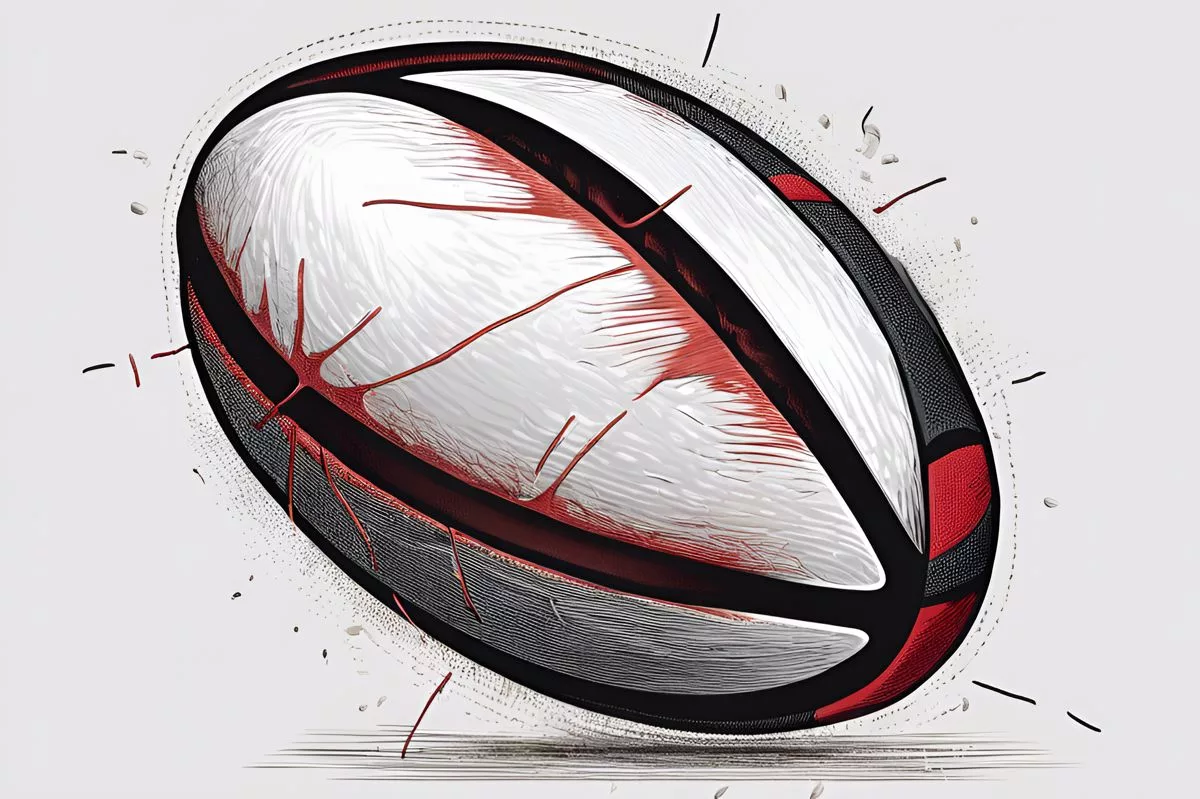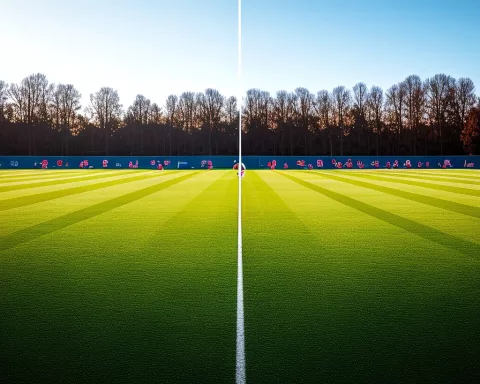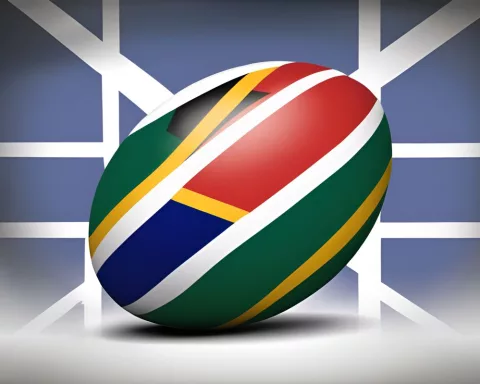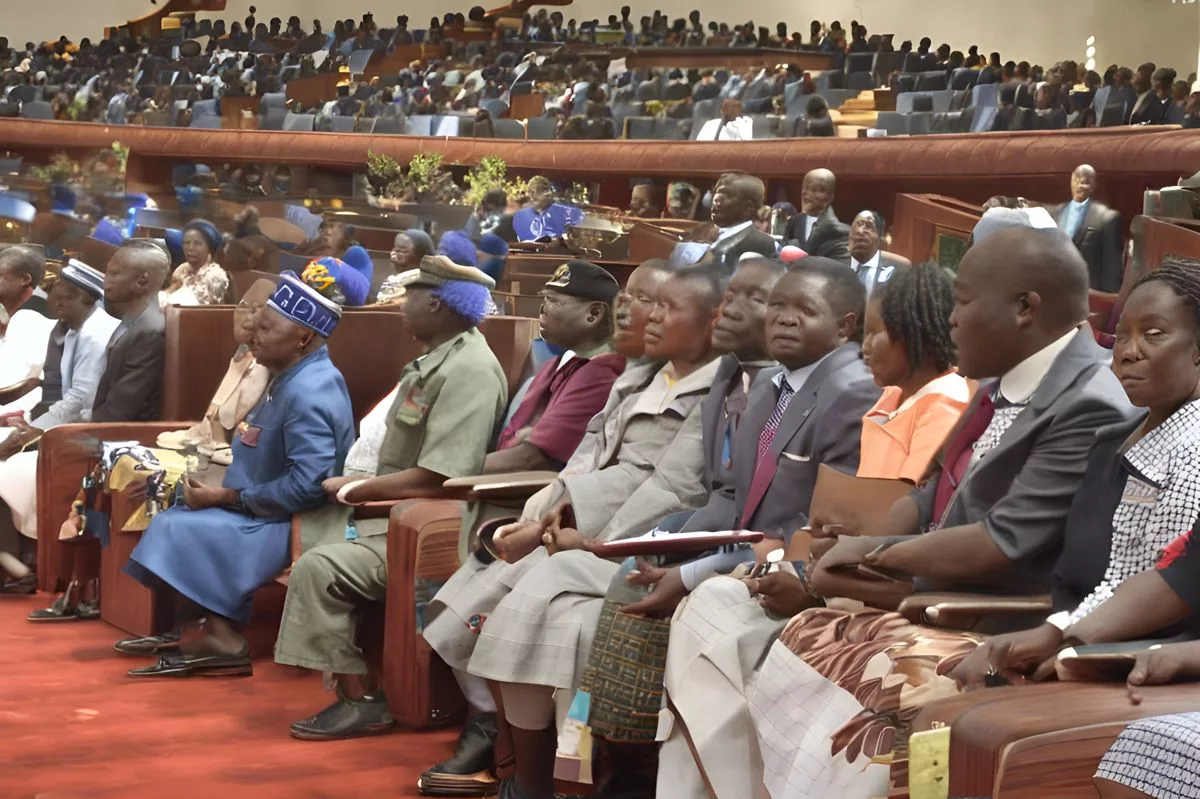Jaco Peyper’s transition from referee to coaching for the Springboks shows how referees’ insights can be used as a competitive advantage. Peyper’s knowledge of the laws of rugby and how they are enforced can shape the team’s strategies and tactics, both on and off the field. This shift in role is part of a global trend of incorporating referee insights into coaching, highlighting the delicate nuances involved in securing victories at the highest level of the sport.
Jaco Peyper’s Strategic Evolution
Jaco Peyper’s transition from on-the-field referee to coaching assignment with the Springboks exemplifies how a referee’s unique perspective can evolve into competitive leverage on the field. Peyper’s added value to the Springbok squad highlights the global trend of coaching that incorporates insights from referees, offering an upper hand in securing victories at the sport’s highest level. Peyper’s in-depth knowledge of the game’s laws will help shape the strategies employed by the Springboks, serving as a shining endorsement of SA Rugby’s drive to assemble a top-of-the-line coaching team.
Jaco Peyper’s Strategic Evolution
The transition of Jaco Peyper from an on-the-field referee to a coaching assignment with the Springboks represents a turning point in how top teams dissect and put into action the laws of rugby. This strategic metamorphosis exemplifies how a referee’s unique perspective can evolve into competitive leverage on the field.
The highly respected retired referee, Nigel Owens, has praised the added value of Peyper to the Springbok squad. In a conversation with Rapport, a South African news platform, he stated, “Jaco’s understanding of how rules are interpreted and enforced, rather than just the rules themselves, is what truly alters the game.” This transition is about far more than just reducing the number of penalties. In fact, Peyper’s new position underscores how player strategies must be adapted to maximize success under the watchful eye of different referees, each with their own specific focus on distinct aspects of the game.
The Global Trend: Referee Insights in Coaching
There is a noticeable global trend towards coaching that incorporates insights from referees, with countries like France and clubs such as Toulon leading the way by integrating ex-referees into their coaching staff. The duties of Jerome Garces with the French national team and Romain Poite with Toulon are exemplary demonstrations of how understanding the mindset of a referee offers an upper hand in such an intense sport. This tendency underlines the delicate nuances involved in securing victories at the sport’s highest level.
In the world of high-stakes international rugby, where discipline is paramount, even the slightest violations can tip the balance. As Owens emphasized, “A solitary penalty may trigger a three-point swing, turning triumph into loss.” In such situations, Peyper’s discipline expertise will undoubtedly play a vital role in assisting the Springboks to maintain a low penalty count during high-pressure moments.
Beyond Penalties: Shaping Strategies and Tactics
Peyper’s influence, however, extends well beyond simply managing penalties on game days. His in-depth knowledge of the game’s laws will help shape the strategies employed by the Springboks during practice sessions, video analysis, and as part of their long-term tactical development. Every aspect of the team’s operation stands to benefit from an understanding of how a referee might interpret specific situations.
The shift in Peyper’s role serves as a shining endorsement of SA Rugby’s drive to assemble a top-of-the-line coaching team. This development aligns with other expert additions such as Jerry Flannery from Harlequins, Tony Brown, a former assistant from Japan, and the inspiring reappointment of Duane Vermeulen in a role of ‘roving coach’. Each coaching decision strengthens Rassie Erasmus’ vision of a meticulously organized and tactically sharp Springbok squad.
A Testament to Evolution in Rugby Coaching
The shift in Peyper’s role underscores the ongoing evolution of coaching within the rugby sphere. It is a tribute to the sport’s continuous growth and serves as a reminder that progress often ensues when familiar scenarios are viewed through a fresh lens. His journey is a testament to the idea that in rugby, as well as in life, change is the only certainty, and that embracing new viewpoints can pave the way to unanticipated victories.
1. Who is Jaco Peyper and what is his new role in rugby coaching?
Jaco Peyper is a retired rugby referee who has transitioned into a coaching role with the Springboks. His role involves incorporating his knowledge of the laws of rugby and how they are enforced to shape the team’s strategies and tactics.
2. What is the global trend of incorporating referee insights into coaching?
There is a noticeable trend towards coaching that incorporates insights from referees, with countries like France and clubs such as Toulon leading the way by integrating ex-referees into their coaching staff. The trend highlights the delicate nuances involved in securing victories at the highest level of rugby.
3. How does Peyper’s expertise go beyond managing penalties on game days?
Peyper’s expertise extends to shaping the strategies and tactics employed by the Springboks during practice sessions, video analysis, and as part of their long-term tactical development. His in-depth knowledge of the game’s laws offers valuable insights into how referees interpret specific situations.
4. How does Peyper’s new role serve as an endorsement of SA Rugby’s coaching team?
Peyper’s addition to the coaching team aligns with other expert additions such as Jerry Flannery from Harlequins, Tony Brown, a former assistant from Japan, and the reappointment of Duane Vermeulen in a role of ‘roving coach’. Each coaching decision strengthens Rassie Erasmus’ vision of a meticulously organized and tactically sharp Springbok squad.
5. What does Nigel Owens say about Peyper’s value to the Springbok squad?
Nigel Owens has praised Peyper’s understanding of how rules are interpreted and enforced, rather than just the rules themselves, and how it truly alters the game. This transition is about far more than just reducing the number of penalties.
6. What does Peyper’s transition to coaching signify?
Peyper’s transition to coaching signifies a turning point in how top teams dissect and put into action the laws of rugby. It is a testament to the evolution of coaching within the rugby sphere and serves as a reminder that progress often ensues when familiar scenarios are viewed through a fresh lens.










